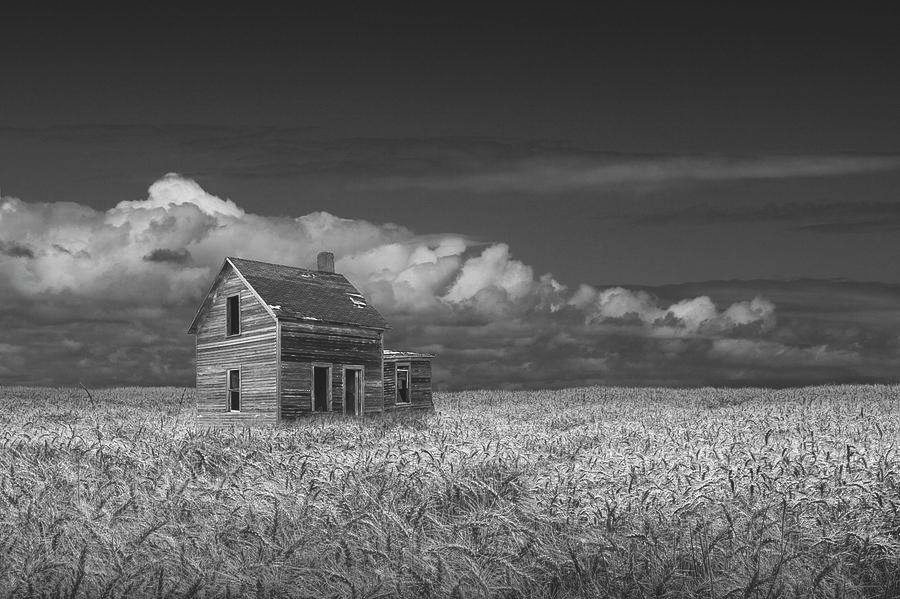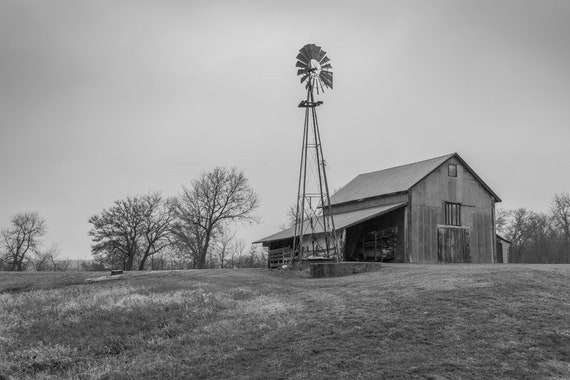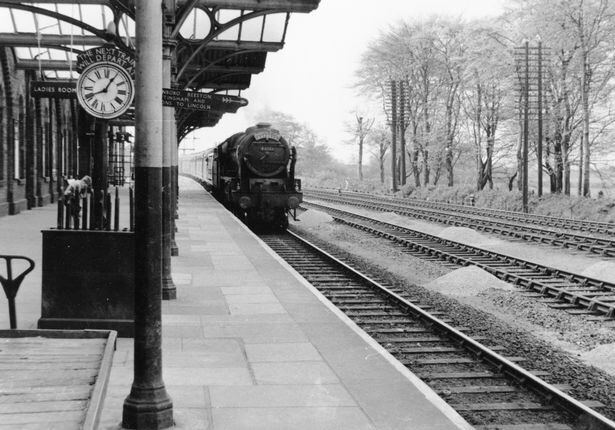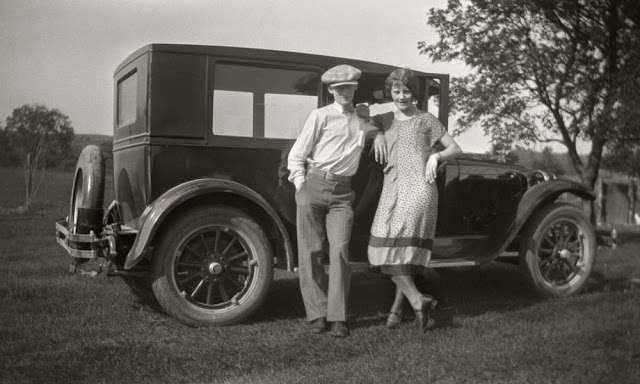Ted Kooser is one of the greatest living poets. He has greatly influenced my own style in writing. His Midwestern home spun and down to Earth charm and wit is wonderful, showing us a far gone world in rural America and small towns of the Great Plains. Kooser finds beauty, drama, and humor in the unsuspecting little things of daily life with profound insight. As well, he captures the simplistic joy of youth and the peaceful calm of growing older. Many of his poems are about people of the Great Plains, abandoned houses, farms, and everyday items that tell a dramatic story, preserve fond memories, and offer simple charm and warmth.
Commenting on his writing, Kooser said, “I write for other people with the hope that I can help them to see the wonderful things within their everyday experiences. In short, I want to show people how interesting the ordinary world can be if you pay attention.”
Raised in Iowa and a former insurance company executive in Nebraska, Kooser went on to become the U.S. Poet Laureate in 2004 and 2005 and to win a Pulitzer Prize. He has published numerous poetry books and has garnered several awards.
Below are a few of my favorite Kooser poems.
Starlight
All night, this soft rain from the distant past.
No wonder I some times waken as a child.
Pearl
a fun poem that turns around a sad situation.
“Pearl”, video of Kooser reading his poetry.
A Happy Birthday
This evening, I sat by an open window
and read till the light was gone and the book
was no more than a part of the darkness.
I could easily have switched on a lamp,
but I wanted to ride this day down into night,
to sit alone and smooth the unreadable page
with the pale gray ghost of my hand.

Raindrop
I saw a raindrop, once, on the hood of a car
in a used car dealership, just that one
shining drop, but it had everything around it
in it, all of the other cars and pickups,
every red, yellow and blue plastic pennant
flapping above it, a row of newly planted
saplings standing in line by the highway
with bandaged trunks and saggy guy-wires,
the whining traffic and the sky overhead
that was looking more and more like rain,
four or five swallows darting within it.
One drop of rain had taken in everything,
and there was my face, though a little
distorted, one flat white cheek pressed up
against that curving window, peering out
at all of the world and all that was in it,
from the inside out, for the very first time.
The Beaded Purse
An excellent Kooser poem that will take your breath away. It is tear jerking sad yet it is also joyful that will make you smile.
“The Beaded Purse”, video of Kooser reading his poetry.
At the Cancer Clinic
She is being helped toward the open door
that leads to the examining rooms
by two young women I take to be her sisters.
Each bends to the weight of an arm
and steps with the straight, tough bearing
of courage. At what must seem to be
a great distance, a nurse holds the door,
smiling and calling encouragement.
How patient she is in the crisp white sails
of her clothes. The sick woman
peers from under her funny knit cap
to watch each foot swing scuffing forward
and take its turn under her weight.
There is no restlessness or impatience
or anger anywhere in sight. Grace
fills the clean mold of this moment
and all the shuffling magazines grow still.

Skater
She was all in black but for a yellow pony tail
that trailed from her cap, and bright blue gloves
that she held out wide, the feathery fingers spread,
as surely she stepped, click-clack, onto the frozen
top of the world. And there, with a clatter of blades,
she began to braid a loose path that broadened
into a meadow of curls. Across the ice she swooped
and then turned back and, halfway, bent her legs
and leapt into the air the way a crane leaps, blue gloves
lifting her lightly, and turned a snappy half-turn
there in the wind before coming down, arms wide,
skating backward right out of that moment, smiling back
at the woman she’d been just an instant before.
Abandoned Farm House
He was a big man, says the size of his shoes
on a pile of broken dishes by the house;
a tall man too, says the length of the bed
in an upstairs room; and a good, God-fearing man,
says the Bible with a broken back
on the floor below the window, dusty with sun;
but not a man for farming, say the fields
cluttered with boulders and the leaky barn.
A woman lived with him, says the bedroom wall
papered with lilacs and the kitchen shelves
covered with oilcloth, and they had a child,
says the sandbox made from a tractor tire.
Money was scarce, say the jars of plum preserves
and canned tomatoes sealed in the cellar hole.
And the winters cold, say the rags in the window frames.
It was lonely here, says the narrow country road.
Something went wrong, says the empty house
in the weed-choked yard. Stones in the fields
say he was not a farmer; the still-sealed jars
in the cellar say she left in a nervous haste.
And the child? Its toys are strewn in the yard
like branches after a storm—a rubber cow,
a rusty tractor with a broken plow,
a doll in overalls. Something went wrong, they say.

Lantern
In the predawn cold and darkness,
it was only a pinch of light,
not more than a cup of warmth,
as a farmer carried it over the snow
to the barn where his dozen cows
stood stomping, heavy with milk
in the milky cloud of their lowing.
But that was many years ago,
and his lantern has rusted,
its last fumes lost on the seasons
like the breath of those cows.
But at the last he thought to leave
a fresh ribbon of wick coiled up
in the chimney in case it was ever
needed again, a dollar’s worth
of preparation. And, getting prepared
for a later winter, a pregnant mouse
was able to squeeze through a vent
and unravel that wick and make
a cottony nest with dusty
panoramic windows, and there to raise
her bald and mewling pissy brood,
and then for them to disappear,
the way we all, one day, move on,
leaving a little, sharp whiff
of ourselves in the dirty bedding.

A Letter In October
Dawn comes later and later now,
and I, who only a month ago
could sit with coffee every morning
watching the light walk down the hill
to the edge of the pond and place
a doe there, shyly drinking,
then see the light step out upon
the water, sowing reflections
to either side—a garden
of trees that grew as if by magic—
now see no more than my face,
mirrored by darkness, pale and odd,
startled by time. While I slept,
night in its thick winter jacket
bridled the doe with a twist
of wet leaves and led her away,
then brought its black horse with harness
that creaked like a cricket, and turned
the water garden under. I woke,
and at the waiting window found
the curtains open to my open face;
beyond me, darkness. And I,
who only wished to keep looking out,
must now keep looking in.
Daddy Long Legs
Here, on fine long legs springy as steel,
a life rides, sealed in a small brown pill
that skims along over the basement floor
wrapped up in a simple obsession.
Eight legs reach out like the master ribs
of a web in which some thought is caught
dead center in its own small world,
a thought so far from the touch of things
that we can only guess at it. If mine,
it would be the secret dream
of walking alone across the floor of my life
with an easy grace, and with love enough
to live on at the center of myself.



